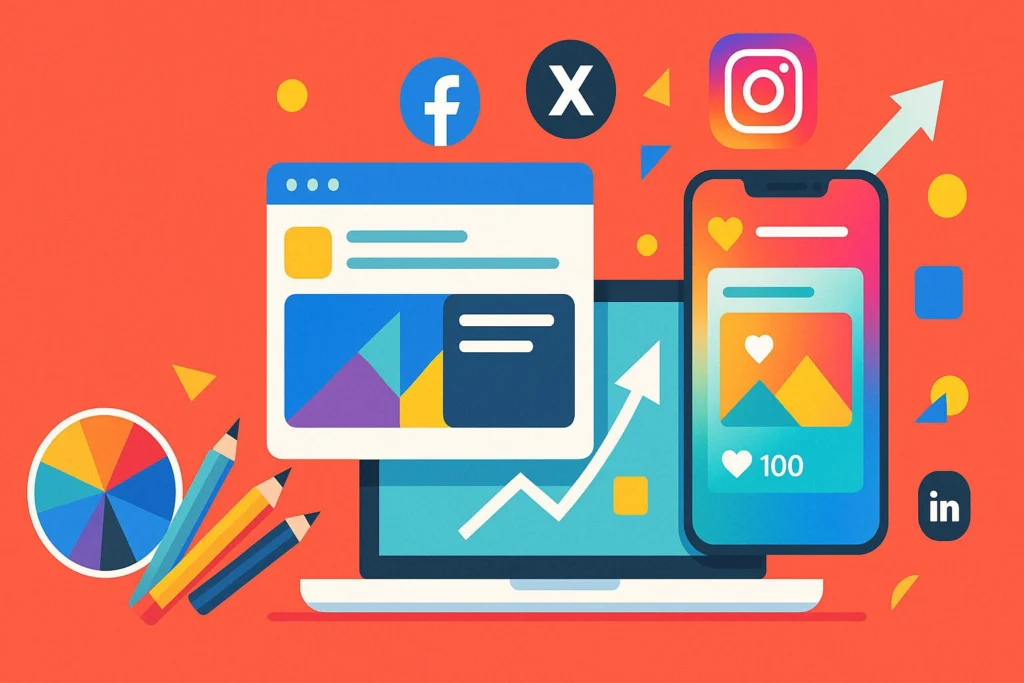The customer is king. These are the bywords of many successful businesses, and for good reason: customers are your lifeblood, without which you’ll soon have no business at all. As we near the end of the first quarter of the 21st century, customers have grown more sophisticated and demanding than ever. They want a variety of choices, a better user experience, and quick solutions to their problems. If you don’t improve your customer experience, chances are your competitors will.
Which brings us to the subject of client portals. A client portal can help enhance your customer experience by providing an easy, accessible means for customers to solve their issues, get answers to questions, or otherwise get support. Basically, a client portal is a digital platform that contains files, documents, and a means for company employees and customers to share information.
Why Your Website Needs a Client Portal
So why would your website need a client portal? If you’re offering goods or services, there are a number of reasons why it’s a great idea.
First, there’s 24-hour availability. Modern customers don’t want to wait until business hours on a weekday to get support or answers. They want it when they want it. A client portal can provide that to them, no matter the time.
There’s also the self-service aspect of a client portal. Nobody relishes waiting on hold or watching one’s inbox waiting for an email to show up. With a client portal, customers can get information, place orders, pay invoices, and update their details without having to talk to anyone — a major advantage among members of Gen Z, who tend to prefer digital communication to talking one-on-one with a service agent.
Self-service features add another benefit, which is reducing the number of queries to customer service agents, which allows them to focus on more sophisticated support queries that can’t be managed by self-service.
A properly configured client portal also helps facilitate faster customer onboarding and improves customer communication with features such as real-time messaging (more on that below). This not only fosters stronger relationships but also provides a platform to showcase customer success stories or build compelling brand narratives, turning satisfied clients into powerful advocates for your business.
Finally, there are the benefits of secure document management (keeping your customer’s data safe) and personalization (which has been proven to enhance the customer experience).
Typical Features of Client Portal Software
Now let’s talk about what kind of features your ideal client portal should have:
User-friendly design. If your portal isn’t intuitive and easy to use, you run the risk of customers growing more frustrated than when they came looking for answers! A good, intuitive UI includes a mobile-friendly design — practically a must in the age of mobile phones.
A ticketing system. One of the major benefits of a customer portal is being able to efficiently route tickets to the proper teams or departments, to not only make sure your customers get their problems addressed quickly, but also vastly reducing the number of customers getting “lost in the shuffle.”
Reporting and analytics. Improvement is much more difficult to assess without some meaningful metrics, and a good client portal will provide those.
AI features. The controversy over AI notwithstanding, there’s no denying that AI features such as chatbots and generative search provide huge value to customers by providing quick and intuitive answers to their queries. They also allow customers to get answers and solutions without tying up human agents, which reduces workload and increases efficiency.
Strong security protocols. Keeping your customers’ data safe is of paramount importance in the age of increasingly widespread and dangerous data breaches. Having a software suite with strong security goes hand-in-hand with maintaining strong security hygiene across the board in your company.
Finally, you should consider customer portal software with customization features — so that both your employees and customers can make it their own — and scalability, so that your software can grow with your company, instead of having to replace the software once you grow past a certain size.
Industries That Benefit the Most
So who benefits the most from customer portal software? It can be useful for just about any company that offers products or services that require some kind of support, but it’s most commonly used by financial services, healthcare, legal services, technology / IT companies, marketing and advertising agencies, and e-commerce stores.
Challenges of Adding a Client Portal
If you’re looking to get a client portal for your website, you might be worried that you’ll have to hire a developer or a company to set it up for you. That’s not necessarily the case. There are many “out of the box” client portal software packages that don’t require a developer and can be set up fairly easily. You might consider hiring a company to implement a client portal on your WordPress or Shopify page — it’s possible your web host provides such a service for a nominal fee — or you can check out a tutorial and take a shot at it yourself.




